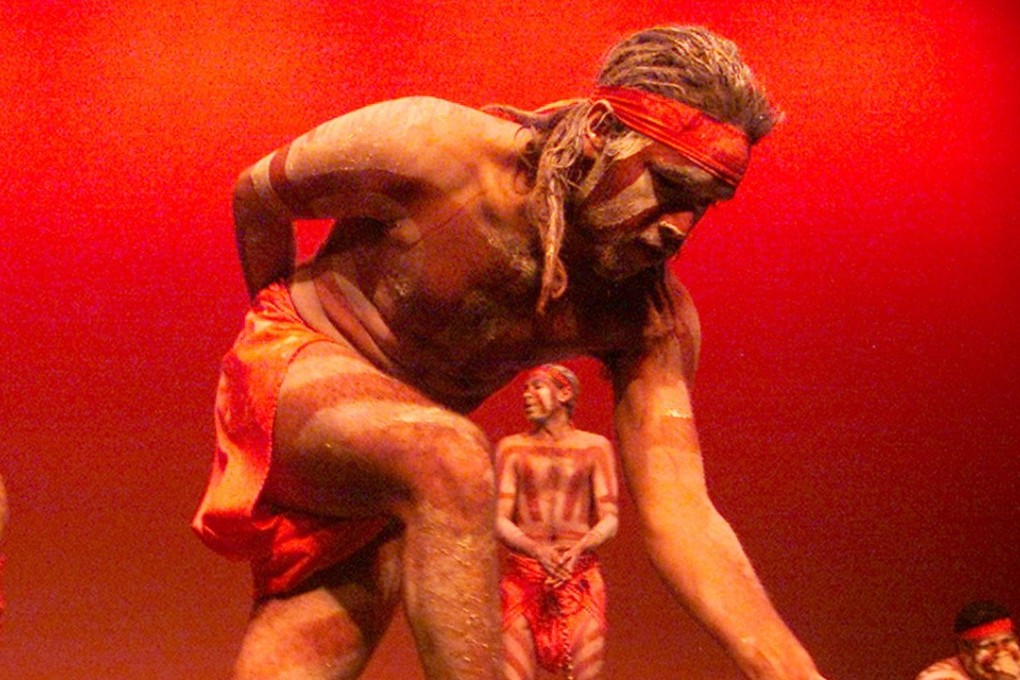‘Using our language to defend our heritage’: Aboriginal activists revive lost language for state election campaign
The advertisement focuses on the Tasmanian Liberal government’s stalled but ongoing push to allow recreational four-wheel driving on off-road tracks in a conservation reserve

If you have not heard spoken palawa kani, you are not alone. Few have. Among Tasmanians, at least, that is about to change.
In an Australian first, a television advertising campaign by activists has been produced in a revived Aboriginal tongue.
Tasmanians will hear it spoken (and see it subtitled) on breakfast television and during prime time over the coming weeks of the state election campaign. The advertisement targets the premier, Will Hodgman, for what Indigenous leaders say has been a failure to deliver on a pledge to “reset the relationship” with Aboriginal people since he was elected in 2014.
The Indigenous language has been not just revived but reimagined. It is estimated there were more than 20 Indigenous Tasmanian languages until they faded from daily communication in the first half of the 19th century.
The last known speaker, Fanny Cochrane Smith, died in 1905, leaving behind poor-quality recordings of her singing in Aboriginal language. Using these snippets, and records of Europeans’ written approximations of words and their meanings, the Tasmanian Aboriginal Centre in the 1990s began a programme to build a composite. Its name is literal: palawa kani means Aborigines talking.
Using our language to defend our heritage from a premier ... is a powerful new tool that makes us very proud
The advertisement focuses on the Tasmanian Liberal government’s stalled but ongoing push to allow recreational four-wheel driving on off-road tracks in the Arthur-Pieman conservation reserve, part of the Tarkine – or, in palawa kani, takayna – in the state’s northwest.
